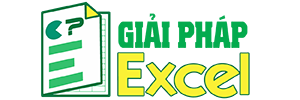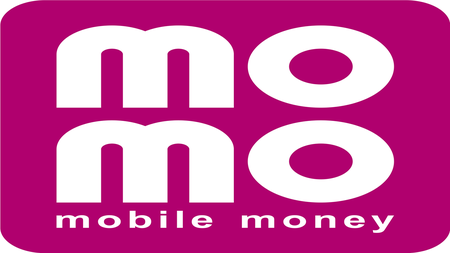I tend not to translate this directly, since I'm not sure they are appropriate.
With regrets, I have to admit that sometimes I find it hard to argue against the comment made by a colleague "As far day to day conversation concerned, Vietanmeses are not exactly the highest ranked in terms of politeness".
Putting the scenario into perspective and rephrase the whole conversation where appropriate, I come up with the followings (assuming Tam is calling Chin, phrases inside [ ] are optional):
- Hello, is that you, Chin? [how are you?] I got up and saw this missed call from you. Just call back to check.
("chị à" without a question mark is a call for attention, not a question. Here I assume it's a question)
- Oh, hello Tam, I am terribly sorry. Must have pressed the call button by mistake. [Anyway, it's great to hear from you, Tam]
(for minor things like these, whether they're true or not, don't try to shift blame over the phone, just appologise. You might note that down and explain later face to face)
- [It's okay.] I heard traffic noises and vehicles honking in the background. Are you outside (or, out in the street)?
- Well, yes, I'm on my way to work. The place (or, office) is just past this Phu Nhuan intersection.
Important: since you are not sure that your accent and intonation is 100% correct, stay away from strange sound like Um, Er, Oopsie,...
I hate to say this again and again: don't try to be too friendly or too casual, you can easily step over the boundary line.





